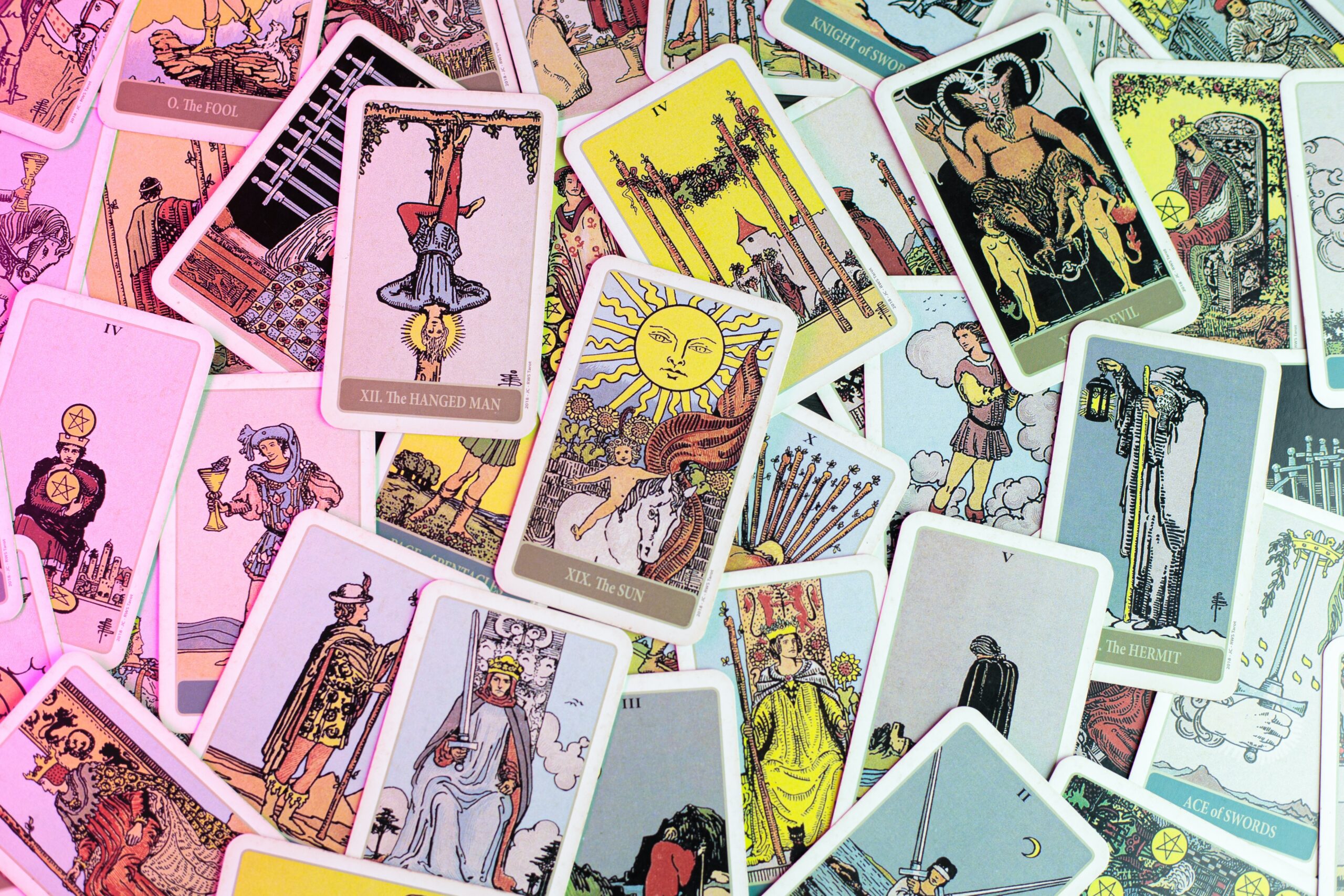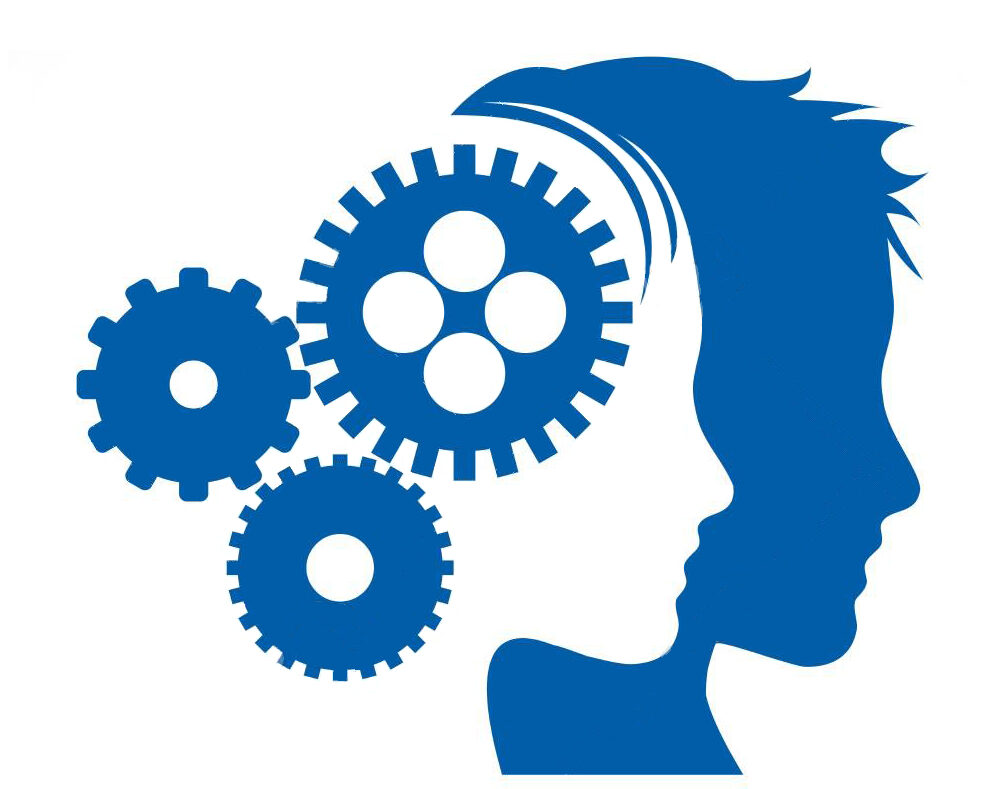Have you ever wondered what the future has in store for you? From unexpected opportunities to unforeseen challenges, the concept of fate has fascinated humans for centuries. Whether you believe in destiny or not, the idea of a predetermined path can be both thrilling and mysterious. In this article, we’ll explore the concept of fate and its role in shaping our lives. Get ready to embark on a journey of self-discovery and explore the mysteries that lie ahead. Buckle up, because the twists and turns of fate are waiting to be unveiled. Get ready to unravel the secrets that destiny has in store for you!
Understanding Fate
Definition of Fate
Fate is a concept that refers to the idea that events in a person’s life are predetermined and inevitable. It suggests that there is a higher power or force at play, governing the course of one’s life. Often associated with a sense of predestined outcomes, fate is believed to dictate the major events and experiences that an individual will encounter throughout their lifetime.
Beliefs and Perspectives on Fate
Beliefs and perspectives on fate vary greatly across different cultures and individuals. Some people embrace the idea of fate wholeheartedly, finding comfort in the notion that their lives are guided by a greater plan. They view fate as a cosmic order, where every event is intricately connected and serves a purpose. Others may have a more skeptical attitude towards fate, feeling that it diminishes personal agency and the ability to shape one’s own destiny. Nonetheless, the concept of fate continues to captivate the human imagination and has been a subject of contemplation and debate throughout history.
Fate vs Free Will
The relationship between fate and free will has long been a topic of philosophical inquiry. While fate suggests a predetermined course of events, free will emphasizes the individual’s capacity to make choices and decisions independently. It is a delicate balance between the perceived influence of destiny and the power of personal agency. While some argue that fate denies free will, others believe that fate and free will coexist, each influencing the other in complex and interwoven ways. Understanding the interplay between fate and free will is crucial in exploring the extent to which individuals can shape their own lives.
Exploring the Concept of Fate
Historical and Cultural Significance
The concept of fate holds significant historical and cultural meaning. Throughout ancient civilizations, the belief in fate was deeply ingrained in society, shaping religious beliefs, cultural practices, and even political structures. From the ancient Greeks’ concept of Moira, the Norse belief in Wyrd, to the Eastern philosophies of karma and yin and yang, fate has been a central tenet in various cultures. Understanding the historical and cultural significance of fate allows us to appreciate its enduring influence on human thought and behavior.
Fate in Ancient Mythology
Ancient mythology is rich with tales that embody the power and influence of fate. In Greek mythology, the three Fates, Clotho, Lachesis, and Atropos, were believed to control the life threads of mortals, determining their births, lifespans, and deaths. The Norse mythological concept of the Norns also depicted three female figures who spun the threads of fate. These myths exemplify the belief that fate is an omnipresent force, governing the lives of both gods and humans alike.
Religious Interpretations of Fate
Religion often plays a significant role in shaping beliefs about fate. Many religious traditions offer explanations for the existence of fate and its relationship to the divine. In Christianity, for example, the concept of providence asserts that God has a plan for each individual’s life, and events unfold according to His will. Similarly, in Islam, the belief in qadar emphasizes predestination, with every event being divinely ordained. These religious interpretations provide frameworks for understanding and finding meaning in the workings of fate within a spiritual context.

The Role of Fate in Personal Lives
Individual Experiences with Fate
Fate can manifest in various ways within individual lives. Some individuals may recall moments of synchronicity, where events seem to align effortlessly, as if guided by a higher power. Others may attribute significant life events, such as meeting a life partner or landing a dream job, to fate. Personal experiences with fate are highly subjective and can shape one’s belief system and perspective on life. Understanding and reflecting upon these experiences can provide valuable insights into the role that fate plays in an individual’s personal journey.
How Beliefs in Fate Influence Choices
Beliefs in fate can have a profound impact on the choices individuals make. Those who firmly believe in a predetermined fate may approach decision-making differently, seeking signs or omens to guide their path. On the other hand, individuals who reject the notion of fate may prioritize personal agency and take a more proactive approach to decision-making. An individual’s perspective on fate can shape their values, goals, and overall outlook on life, influencing the choices they make and the direction they take.
Accepting or Challenging Fate
The acceptance or challenge of fate is a deeply personal choice. Some individuals find solace in surrendering to the guiding forces of fate, believing that resistance is futile. They embrace the opportunities and challenges presented to them as part of their predetermined path. Others may challenge fate, refusing to be passive recipients of their destiny. They believe in actively creating their own future, striving to defy the constraints that fate may impose. Both approaches have their merits and can lead to different experiences and outcomes in life.
Fate and Destiny
Distinguishing Fate from Destiny
Fate and destiny are often used interchangeably, but they possess subtle distinctions. Fate implies a predetermined course of events, governed by external forces, while destiny suggests a purpose or calling that an individual is meant to fulfill. While fate focuses on the journey, destiny emphasizes the destination. Distinguishing between fate and destiny allows individuals to contemplate the meaning and direction of their lives, and how they can align their actions with their ultimate purpose.
Predestination and Fatalism
Predestination and fatalism are concepts that explore the extent to which one’s actions and outcomes are predetermined. Predestination suggests that specific events are predetermined by a higher power or entity, leaving little room for personal agency. Fatalism takes a similar stance, emphasizing the idea that events are inevitable and cannot be altered. These concepts can both complement and challenge the belief in fate, provoking contemplation on the role of personal choice and external influences in shaping one’s life.
Can Destiny be Altered by Fate?
The relationship between fate and destiny raises the question of whether fate can be altered to fulfill one’s ultimate purpose. While some may argue that destiny cannot be changed, others believe that fate presents opportunities and challenges that can shape an individual’s path towards fulfilling their destiny. Navigating the interplay between fate and destiny requires a nuanced understanding of personal agency and the external forces that may guide or hinder one’s journey.

Determinism and Fate
Understanding Determinism
Determinism is a philosophical concept that maintains that all events, including human actions, are causally determined by preceding events and conditions. It suggests that there is a chain of cause and effect that governs the unfolding of the universe, leaving no room for randomness or free will. The concept of determinism is closely related to the idea of fate, as both propose a predetermined course of events. Understanding determinism provides a broader philosophical context for exploring the intricacies of fate.
Debate: Does Determinism Align with the Concept of Fate?
The relationship between determinism and fate sparks a lively debate among philosophers and scholars. While determinism emphasizes the linear progression of events, fate introduces the notion of a higher power or cosmic order dictating the course of one’s life. Some argue that determinism aligns with the concept of fate, as both imply an inevitability and lack of control over one’s life. Others may see them as distinct concepts, with fate encompassing broader spiritual or supernatural elements. Engaging in this debate offers a deeper understanding of the complexities of fate as a philosophical and existential question.
The Implications of Determinism on Personal Lives
Determinism, as a philosophical concept, carries profound implications for individuals’ lives. If one believes in determinism, they may view their actions and choices as predetermined, leading to a sense of resignation or fatalistic outlook. However, others may find empowerment in the recognition that their actions are part of a larger causal chain, motivating them to navigate their lives with a sense of purpose and agency. The personal implications of determinism intersect with the influence of fate, shaping perspectives on personal responsibility and the pursuit of meaning.
Fate as a Guiding Force
Finding Meaning in Life through Fate
For many individuals, finding meaning in life is intimately connected to the belief in fate. Embracing the notion that life events are guided by a greater plan can provide a sense of purpose and direction. The belief in fate allows individuals to view both joyful and challenging experiences as opportunities for growth, presenting valuable lessons and contributing to personal development. Finding meaning through fate requires a mindset that embraces uncertainty and seeks to uncover the hidden significance in every moment.
Fate as a Teacher or Lesson
Fate often presents individuals with unexpected challenges or opportunities that can serve as powerful lessons. These experiences can teach resilience, patience, compassion, or other valuable virtues. By recognizing fate as a teacher, individuals can approach life with a sense of curiosity and openness, embracing the wisdom that each twist and turn brings. Viewing fate as a lesson imparts a sense of gratitude and humility, acknowledging the transformative power of life’s experiences.
Embracing Opportunity through Fate
Fate presents individuals with numerous opportunities for personal growth and development. Embracing these opportunities requires a willingness to step outside of one’s comfort zone and explore new horizons. By viewing fate as a guiding force, individuals can approach these opportunities with curiosity and enthusiasm, recognizing them as potential catalysts for positive change. Embracing opportunity through fate fosters self-discovery, resilience, and the capacity to navigate life’s uncertainties with grace and optimism.

Fate in Relationships
Meeting People and Serendipity
Fate often comes to the forefront in the realm of relationships, where chance meetings and unexpected connections can shape the course of one’s personal life. Serendipitous encounters, seemingly coincidental, can lead to profound connections or transformative relationships. These experiences can evoke a sense of awe and wonder, reinforcing the belief that fate has orchestrated these meetings for a purpose. The role of fate in relationships invites individuals to remain open to unexpected connections and embrace the magic that can arise from chance encounters.
Soulmates and Fate
The concept of soulmates is closely intertwined with the belief in fate. Soulmates are often believed to be individuals who are destined to come together, sharing a deep spiritual or cosmic connection. They are seen as kindred spirits who complement and support one another on their personal journeys. The belief in soulmates imbues relationships with a sense of significance and purpose, encouraging individuals to seek and nurture connections that resonate on a profound level. Whether one believes in soulmates or not, considering the impact of fate on relationships sparks contemplation about the role of destiny in finding true connection.
Navigating Challenges in Relationships: Fate or Personal Responsibility?
In relationships, challenges and conflicts inevitably arise, prompting individuals to consider the role of fate and personal responsibility. Some may attribute relationship difficulties to the influence of fate, perceiving them as tests or obstacles that must be overcome. Others may emphasize personal agency and the need for introspection and growth to navigate relationship challenges. Striking a balance between acknowledging the guiding hand of fate and taking responsibility for one’s actions and choices is crucial in fostering healthy and fulfilling relationships.
Fate in Literature and Pop Culture
Famous Works Depicting the Role of Fate
Fate has been a prevalent theme in literature and popular culture for centuries. Countless works of literature and art have explored the interplay between fate and human lives, inviting readers and viewers to contemplate the extent to which their own lives mirror these narratives. From Shakespeare’s Romeo and Juliet to Gabriel Garcia Marquez’s One Hundred Years of Solitude, these works invite us to question the role of fate in our own lives, inspiring self-reflection and offering diverse perspectives on the concept of fate.
Symbolism and Themes of Fate
Symbolism often accompanies the depiction of fate in literature and pop culture. The use of symbols can deepen the meaning and impact of narratives, further exploring the themes of fate. Common symbols associated with fate include the wheel of fortune, indicating the ups and downs of life, and the red thread of destiny, representing an invisible bond that connects individuals. Symbols in literary and artistic works provide layers of depth and nuance, inviting the audience to interpret and reflect on the role of fate in the larger human experience.
Influence of Fate on Character Development
Fate plays a pivotal role in character development in literature and pop culture. Characters’ encounters with fate shape their decisions, actions, and overall trajectory, adding complexity to their narrative arcs. The influence of fate on character development prompts readers and viewers to consider how their own experiences and encounters shape their identities and personal growth. Delving into the interplay between fate and character development allows individuals to gain insights into their own life journeys and the transformative power of external forces.
Predictive Methods: Divination and Fate
Tarot Readings and Fate
Tarot readings have long been associated with divination and the exploration of fate. Tarot decks consist of symbolic cards that are interpreted to gain insights into an individual’s past, present, and future. Tarot readings offer a glimpse into potential outcomes, shedding light on the influence of fate on various aspects of life. Whether one views tarot readings as entertainment or a serious means of divination, they invite individuals to reflect on the role that fate may play in their own lives.
Astrology and Natal Charts: Determining Fate
Astrology, with its focus on celestial bodies and their influence, has long been connected to the concept of fate. Natal charts, derived from unique birth data, are believed to depict an individual’s destiny and personality traits. Astrology considers the position and alignment of the planets at the time of one’s birth, revealing potential patterns and influences that may shape their lives. Understanding the connection between astrology and fate provides individuals with an alternative lens through which to view their personal journeys.
Critiques and Skepticism around Predictive Methods
While many people find solace and guidance in predictive methods such as tarot readings and astrology, these practices also face critiques and skepticism. Skeptics argue that these methods rely on subjective interpretations and lack scientific evidence. They contend that attributing life events to fate or destiny based on these predictive methods can lead to a passive mindset and a disregard for personal agency. Engaging with the critiques and skepticism surrounding predictive methods prompts individuals to critically evaluate and form their own perspectives on the interplay between fate and divination.
Embracing Your Fate
Finding Peace and Acceptance
Embracing one’s fate often involves finding peace and acceptance in the unfolding events of life. It requires cultivating a mindset that acknowledges the limits of personal control and surrenders to the unknown. Finding peace and acceptance in the face of fate enables individuals to let go of futile resistance and embrace the present moment with gratitude and serenity. It allows for a deeper connection to the inherent wisdom and beauty that can be found in every step of life’s journey.
Creating Your Own Path Within the Constraints of Fate
While fate suggests a predetermined course of events, individuals have the power to shape their own path within the constraints of fate. Personal agency offers individuals the ability to make choices, adapt, and respond to the circumstances they face. By recognizing the influence of fate and the autonomy to create their own destiny, individuals can carve out a unique path that aligns with their values and aspirations. Creating your own path requires the courage to seize opportunities, overcome obstacles, and stay true to oneself.
Maintaining Personal Agency in the Face of Fate
Maintaining personal agency amidst the forces of fate is a delicate balance. It involves navigating the external influences that shape one’s life while asserting autonomy and choice. By recognizing the power of personal agency, individuals can actively participate in shaping their destiny and contribute to the unfolding of their own narrative. Maintaining personal agency in the face of fate empowers individuals to take ownership of their lives, pursue their passions, and embrace the opportunities that come their way.
In conclusion, the concept of fate encompasses a multitude of perspectives and beliefs. From the historical and cultural significance to the role of fate in personal lives, relationships, and literature, understanding fate allows for a deeper exploration of the human experience. Whether one embraces fate as a guiding force or challenges its influence, the interplay between fate and personal agency invites individuals to reflect upon their own paths, navigate life’s challenges, and forge their own destiny. Embracing one’s fate involves finding peace, embracing the opportunities that arise, and maintaining personal agency in the face of destiny’s unfolding. Regardless of individual beliefs and perspectives, the concept of fate continues to fascinate and captivate, reminding us of the interconnectedness of our lives and the mystery that lies beyond our comprehension.




